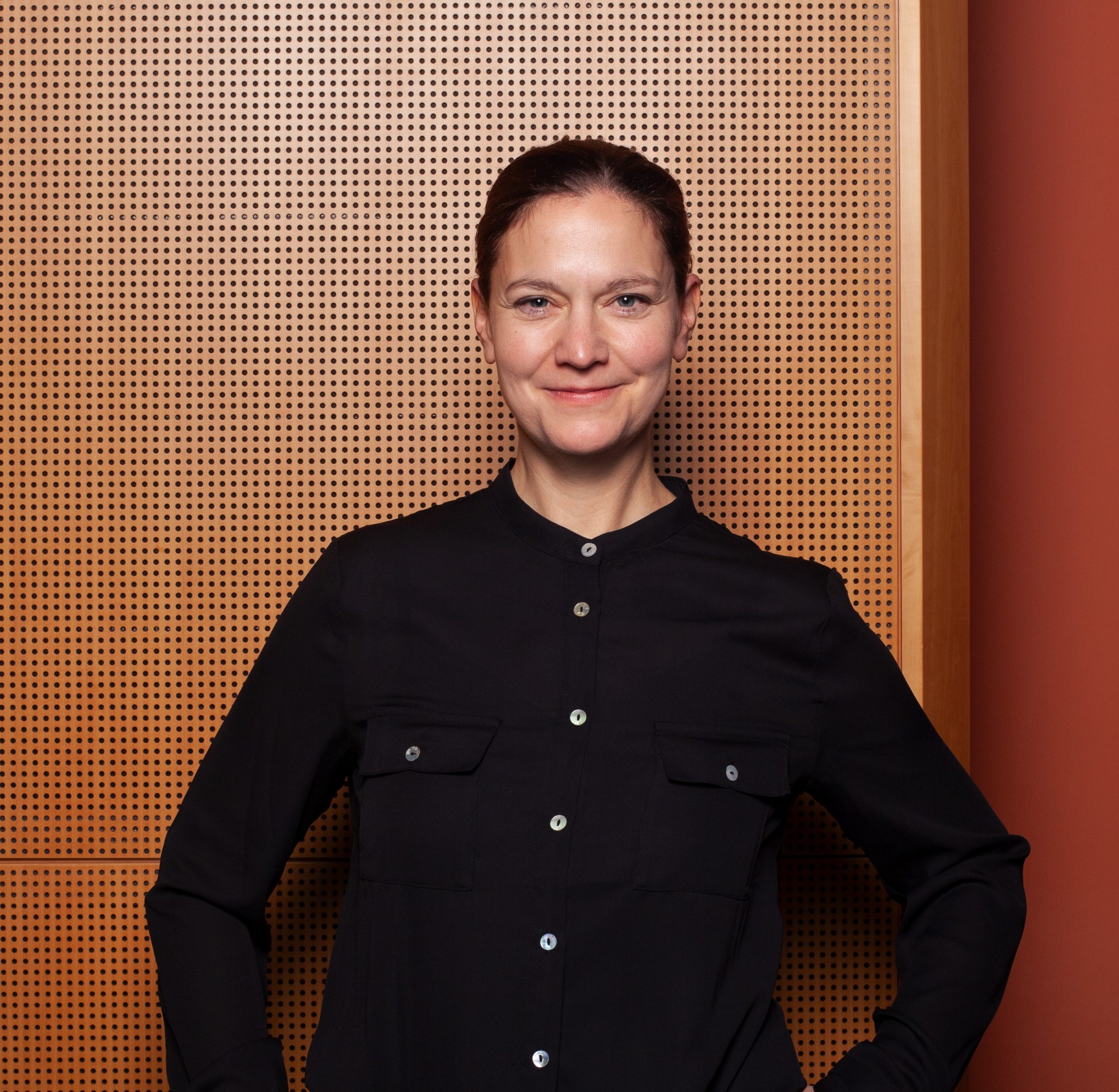NOTE
Unfortunately, we have to cancel this year's Short Course. The course will probably take place in the 2nd week of October 2022.
We will inform you about the new date as soon as possible.
Unfortunately, we have to cancel this year's Short Course. The course will probably take place in the 2nd week of October 2022.
We will inform you about the new date as soon as possible.
Reservoir quality in clastic lithologies is governed by the rock composition and diagenesis, controlling the development of porosity, pore surfaces and pore connectivity. This short course provides an overview of applied clastic diagenesis and its control on reservoir quality in sandstones, relating to exploration, production, and storage of fluids and gases in the subsurface (O&G, geothermal, CCUS, H2 storage). The course is aimed for students, PhD students, and professionals within a geoscience-related discipline who wish to learn about the fundamentals of clastic diagenesis in relation to reservoir quality and contains practical exercises using the microscope.
Dr. Marita Felder a is Senior Geoscientist at PanTerra Geoconsultants B.V., where she carries out core based reservoir characterization studies from thin section to asset scale. She works on the petrography of reservoirs in various parts of the world, including Central America, Africa and Europe. Focus of her work are hydrocarbon and geothermal reservoirs in the Netherlands and Germany. Marita is also responsible for quality assurance and training. Aside of her industry work she carries out applied research in cooperation with universities and publishes mainly in diagenesis.
Dr. Benjamin Busch is an Assistant at the Department of Structural Geology at KIT, focusing on reservoir quality and diagenesis including aspects of structural diagenesis and fracture network characterization. He uses petrographic datasets as input for predictive reservoir quality models and has worked on numerous applied joint industry-academia research projects.
Monday, October 4th
Tuesday, October 5th
Wednesday, October 6th

Leiterin der Abteilung Geo-Energiesysteme und Untertagetechnologien
Koordination des Fachbereiches Geo-Energiesysteme und Untertagetechnologien